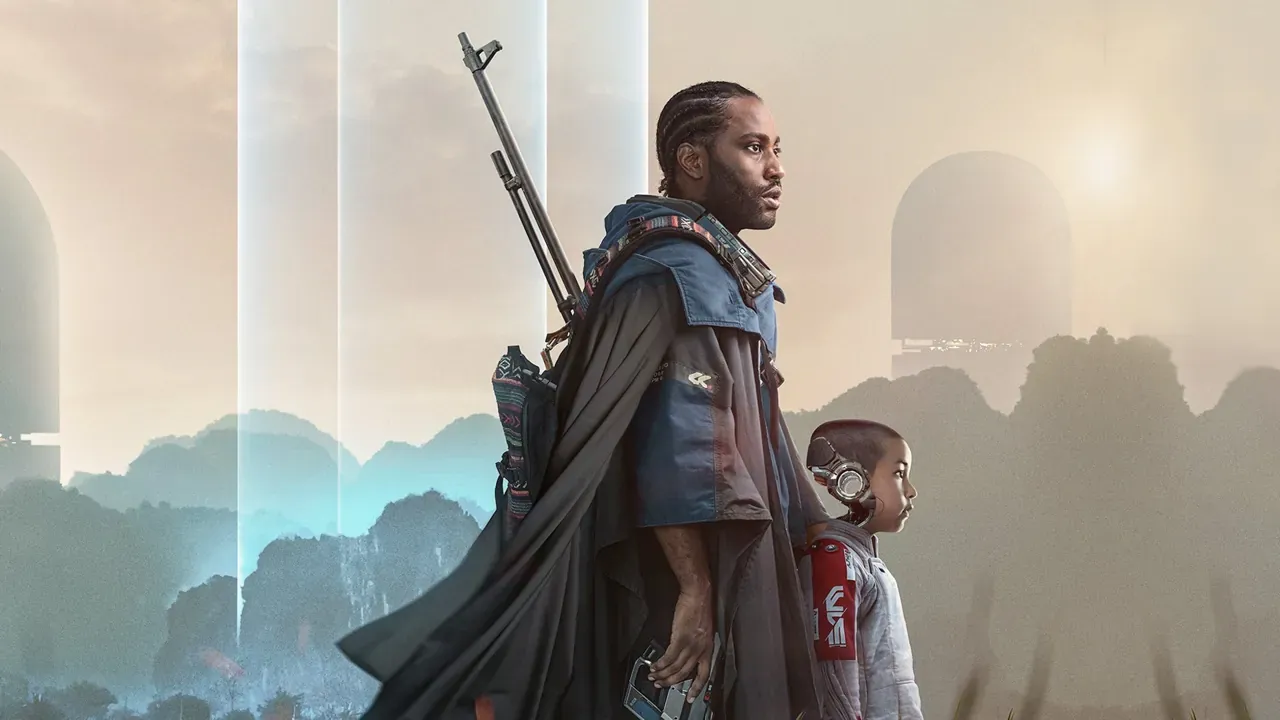Good sci-fi is rarely about the future.
Think of the modern classics of the genre, whether it’s sci-fi fantasy like Star Wars and Dune, or satiric action in the vein of Starship Troopers and Total Recall. These films, while set in futuristic locations, all deal with their present day. They’re fables about our shortcomings.
The Creator follows this path with great courage and conviction. It proves Gareth Edwards as one of the most exciting voices in science-fiction and is easily one of the best films of the year.
In the future, Los Angeles is a wasteland after a nuclear attack left the city in ruins. Millions died in a heartbeat, leaving behind a wounded nation hellbent on revenge.
That revenge is directed at the AI, a new race of intelligent beings, first created by man, and now masters of their destiny. Though any real evidence of their involvement is feeble at best, that doesn’t stop humanity from waging a devastating war across the planet, where anything goes as long as it is justified with the rallying cry: “Remember Los Angeles.”
Amid the carnage is a black American GI (a fantastic John-David Washington) enticed into a war through lies, and brainwashed by systemic racism. There are the traumatized veterans turned anti-war protesters living in the country they once waged war on. In the background is the ever-growing sense that the American military-industrial complex just might be as dangerous and unpredictable as any terrorist.
Sounds familiar, doesn’t it?
The Creator might not be subtle, but it’s all the better for it. It picks up the threads first spun by George Lucas and reframes a rollicking adventure film as an extended metaphor for the American war in Vietnam, and the extended horror show that was the War on Terror.
The Creator is an angry and outspoken film, and I love it for that. It’s the kind of socially aware sci-fi we got a lot in the 70s and 80s before the genre was co-opted by the military machine. Its closest relatives are the works of Paul Verhoeven and Logan’s Run. Smart, subversive films with something to say.
Superficially, The Creator is a road movie about two mismatched people who grow from each other’s influences. It’s the kind of movie you could pitch in an elevator and everyone knows what you’re selling.
But it’s the subtext that makes the film so special. Quite frankly, it’s amazing any major studio would release this with much fanfare.
With the release of Dune and now this, there’s a small chance that a new wave of genre filmmakers has found a way to smuggle complex topics into mainstream blockbusters once again.
Beyond the fable, Edwards delivers a stunningly realized alternative future that feels not just real, but lived-in. Bad sci-fi forgets the characters and instead makes the world itself the subject.
Every technological bit of gimmickry is presented as an extension of the film’s leads. Nothing is overtly explained, and no one sits down to discuss knowledge everyone already has. We make the connections between things on our own because they’re so close to what we already have.
There’s the odd scene scattered about where the science flirts a little too close with fantasy, but these moments are earned by our affection for these characters.
It’s the work of a filmmaker so comfortable in their genre they can rely on a minimalist story within their maximalist film. Which allows The Creator to end precisely at the right time, and leaves us with something better than questions.
It leaves us with hope.













